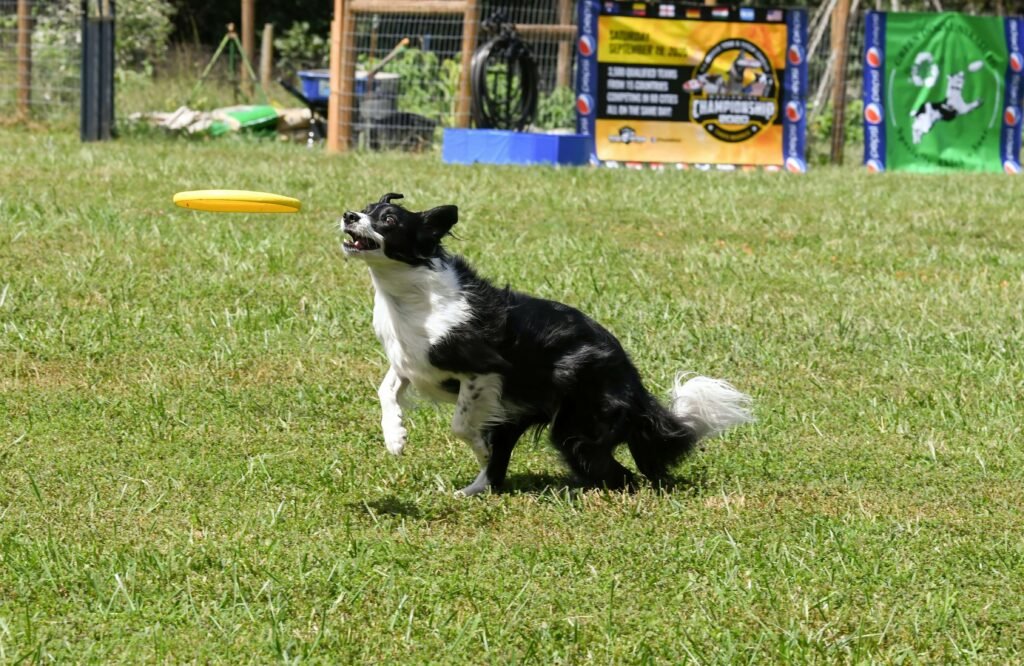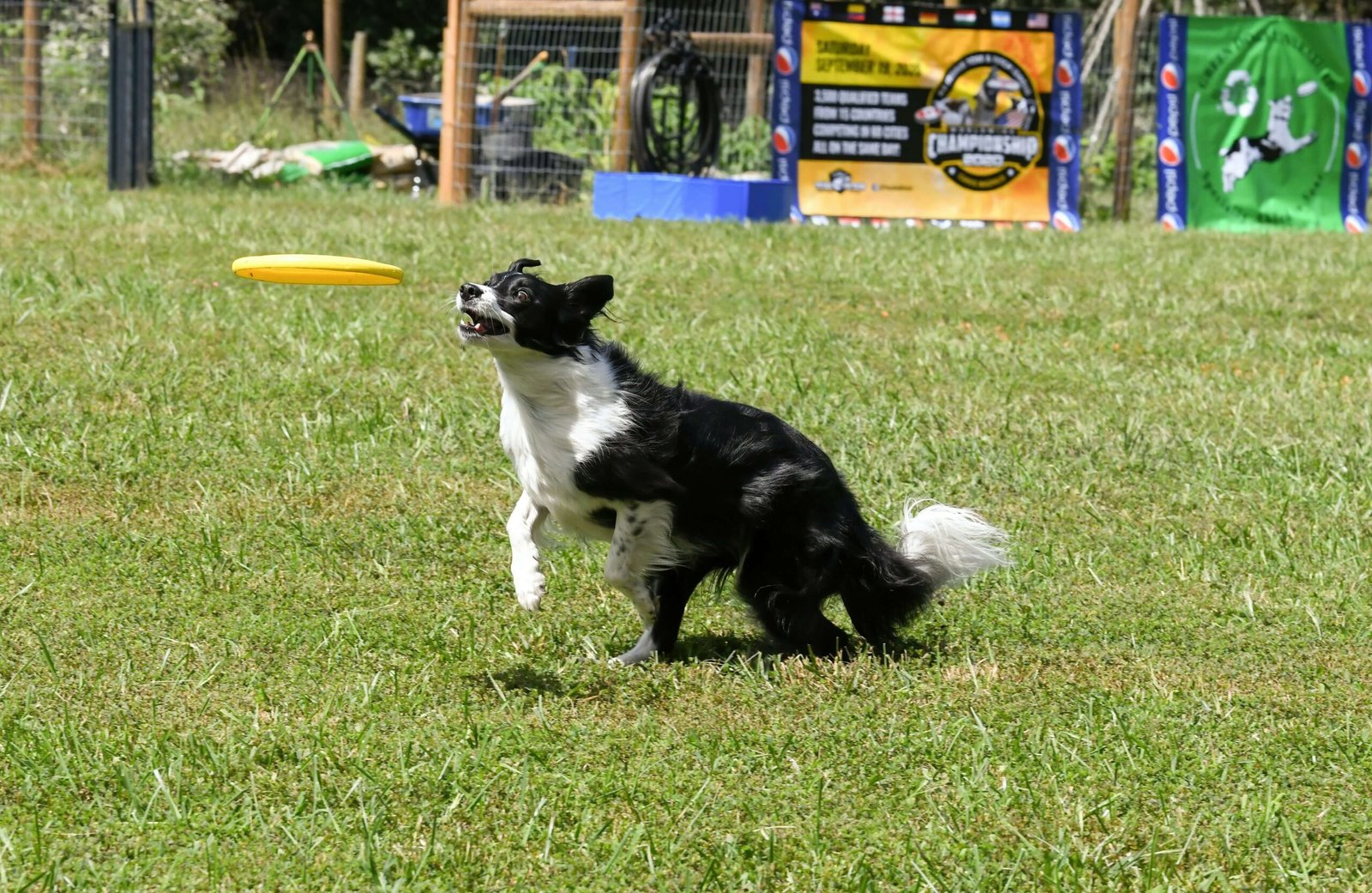Why Did My Vaccinated Dog Get Parvo?
Parvovirus, commonly known as parvo, is a highly contagious and potentially deadly disease that affects dogs. It’s particularly concerning when a vaccinated dog contracts this illness, leaving pet owners confused and worried. While vaccines are incredibly effective at preventing parvo, there are rare instances where vaccinated dogs can still fall ill. This raises important questions about how and why this happens. In this blog post, we’ll explore the reasons behind this phenomenon, discuss contributing factors, and provide guidance on how to protect your furry friend moving forward.
Possible Reasons Why Vaccinated Dogs Can Still Get Parvo
While vaccinations significantly reduce the risk of parvo, they don’t offer 100% immunity in every case. Here are some possible explanations for why a vaccinated dog might still contract the virus:
Incomplete Vaccination Schedule : If the dog didn’t complete the full series of puppy vaccinations, their immunity may be incomplete.
Weakened Immune System : Stress, illness, or underlying health conditions can compromise a dog’s ability to fight off infections.
Vaccine Failure : In rare cases, the vaccine may not stimulate an adequate immune response due to manufacturing issues or improper storage.
Exposure to a Highly Virulent Strain : Some strains of parvo are exceptionally strong and may overwhelm even vaccinated dogs.
Maternal Antibodies Interference : In puppies, maternal antibodies from their mother’s milk can sometimes interfere with the effectiveness of the vaccine.
Understanding these factors can help explain why a vaccinated dog might still contract parvo, though such cases remain rare.
Signs That Your Dog May Have Parvo
Even vaccinated dogs can show symptoms of parvo if they contract the virus. Recognizing these signs early can make a significant difference in treatment outcomes. Here’s what to look for:
Severe Diarrhea : Often bloody and accompanied by a foul odor, diarrhea is one of the hallmark symptoms of parvo.
Vomiting : Frequent vomiting is another common sign, often leading to dehydration.
Lethargy : Infected dogs may appear unusually tired or unwilling to engage in normal activities.
Loss of Appetite : A sudden refusal to eat is a red flag that something is wrong.
Fever or Hypothermia : Fluctuations in body temperature can indicate the presence of an infection.
If you notice any of these symptoms, contact your veterinarian immediately, as early intervention is critical for recovery.
Check this guide 👉Can a 2-Year-Old Dog Get Parvo If Vaccinated? Best 7 Tips!
Check this guide 👉Can Cats Get Parvo from Dogs? Best 7 Health Tips!

Preventive Measures | Why It Helps |
|---|---|
Complete Vaccination Series | Ensures full immunity against parvo |
Avoid High-Risk Areas | Reduces exposure to contaminated environments |
Regular Vet Check-Ups | Detects potential health issues early |
Maintain Good Hygiene | Prevents the spread of viruses through cleanliness |
Boost Immune System with Nutrition | Strengthens your dog’s natural defenses |
How to Reduce the Risk of Parvo in Vaccinated Dogs
While no method is foolproof, there are several ways to further protect your vaccinated dog from parvo. Here’s what you can do:
Limit Exposure to Unknown Dogs : Avoid areas where unvaccinated or sick dogs may congregate, such as dog parks or kennels.
Clean and Disinfect Regularly : Use pet-safe disinfectants to clean your home and any items your dog frequently uses.
Monitor for Symptoms : Stay vigilant for early signs of illness, especially after potential exposure to high-risk environments.
Provide a Balanced Diet : A nutritious diet supports your dog’s immune system and overall health.
Follow Booster Shot Schedules : Keep up with regular booster shots to maintain long-term immunity.
Taking these proactive steps can significantly reduce the likelihood of your vaccinated dog contracting parvo.
What to Do If Your Vaccinated Dog Contracts Parvo
If your vaccinated dog is diagnosed with parvo, swift action is essential. Here’s what you should do:
Seek Immediate Veterinary Care : Hospitalization and intensive treatment are often required to manage severe cases.
Isolate Your Dog : Prevent the spread of the virus to other pets by keeping your dog in a separate area.
Hydrate and Nourish : Work with your vet to address dehydration and malnutrition caused by vomiting and diarrhea.
Follow Treatment Plans : Administer medications and follow care instructions provided by your veterinarian.
Disinfect Your Home : Thoroughly clean all surfaces, bedding, and toys to eliminate lingering traces of the virus.
With prompt and proper care, many vaccinated dogs can recover from parvo, but early intervention is key.
Factors That Weaken a Dog’s Immune System
A dog’s immune system plays a critical role in fighting off infections like parvo. However, certain factors can weaken their defenses, making them more vulnerable to illness. Here’s what can compromise their immunity:
Stressful Environments : Moving homes, loud noises, or changes in routine can stress your dog and lower their immune response.
Poor Nutrition : A diet lacking essential nutrients can leave your dog more susceptible to infections.
Underlying Health Conditions : Chronic illnesses such as diabetes or cancer can impair the immune system.
Parasite Infestations : Fleas, ticks, and intestinal worms can drain your dog’s energy and weaken their defenses.
Age : Both puppies and senior dogs have weaker immune systems compared to healthy adult dogs.
By addressing these factors, you can help strengthen your dog’s immune system and reduce their risk of contracting diseases like parvo.
Common Misconceptions About Parvo Vaccinations
There are several misconceptions about parvo vaccinations that can lead to confusion among pet owners. Here’s what you need to know:
Myth: One Vaccine is Enough : Puppies require multiple doses of the vaccine to build full immunity, not just a single shot.
Myth: Vaccinated Dogs Can’t Spread Parvo : While rare, vaccinated dogs exposed to parvo can still shed the virus temporarily.
Myth: Older Dogs Don’t Need Boosters : Booster shots are essential for maintaining immunity throughout a dog’s life.
Myth: All Vaccines Work Equally Well : The effectiveness of vaccines can vary based on storage, handling, and administration.
Myth: Parvo Only Affects Unvaccinated Dogs : Even vaccinated dogs can contract parvo under certain circumstances, though it’s uncommon.
Understanding these misconceptions can help you make informed decisions about your dog’s health and vaccination schedule.
Steps to Take After Your Dog Recovers from Parvo
Recovering from parvo is a significant milestone, but it’s important to take steps to ensure your dog stays healthy moving forward. Here’s what to do after recovery:
Gradually Reintroduce Food : Start with bland, easily digestible meals before transitioning back to their regular diet.
Monitor for Lingering Symptoms : Keep an eye out for signs of weakness, lethargy, or digestive issues that may indicate complications.
Schedule Follow-Up Vet Visits : Regular check-ups can help ensure your dog is healing properly and address any concerns.
Boost Their Immune System : Provide supplements (if recommended by your vet) and ensure they’re eating a nutrient-rich diet.
Sanitize Your Home Again : Disinfect all areas thoroughly to prevent re-exposure to the virus.
By taking these steps, you can support your dog’s full recovery and reduce the risk of future health issues.
Frequently Asked Questions About Parvo in Vaccinated Dogs
Can vaccinated dogs still die from parvo?
While rare, it’s possible if the infection is severe or left untreated. Early veterinary care improves survival chances.
How long does parvo immunity last after vaccination?
Immunity typically lasts for several years, but booster shots are necessary to maintain protection.
Can adult dogs get parvo even if vaccinated?
Yes, though it’s uncommon. Factors like stress or exposure to a virulent strain can increase the risk.
Is parvo contagious to humans?
No, parvo only affects dogs and cannot be transmitted to humans.
How soon can I vaccinate my puppy against parvo?
Puppies can start receiving parvo vaccines as early as 6-8 weeks old, with boosters given every 3-4 weeks until they’re 16 weeks old.
Protecting Your Dog Against Parvo: Vigilance is Key
While vaccinations are a powerful tool in preventing parvo, they don’t guarantee absolute immunity. By understanding the reasons why vaccinated dogs can still contract the virus and taking preventive measures, you can significantly reduce the risks. Remember, early detection and prompt veterinary care are crucial if your dog does become ill. With love, attention, and responsible care, you can keep your furry companion safe and healthy for years to come.
Do Cats Have Taste Buds? Best 7 Expert Tips! – Discover how cats experience flavors and why their taste is so unique.
Do Dogs Have Taste Buds? Best 7 Expert Tips! – Discover how dogs experience taste, their preferences, and what it means for their diet and health.
Can Cats Taste Sweet? Best 7 Expert Tips! – Discover why cats can’t taste sweetness, how it affects their diet, and tips to keep them healthy and happy.
Can Dogs Taste Sweet? Best 7 Expert Tips! – Discover how dogs perceive sweetness, which foods are safe, and tips to manage their sweet cravings responsibly.





